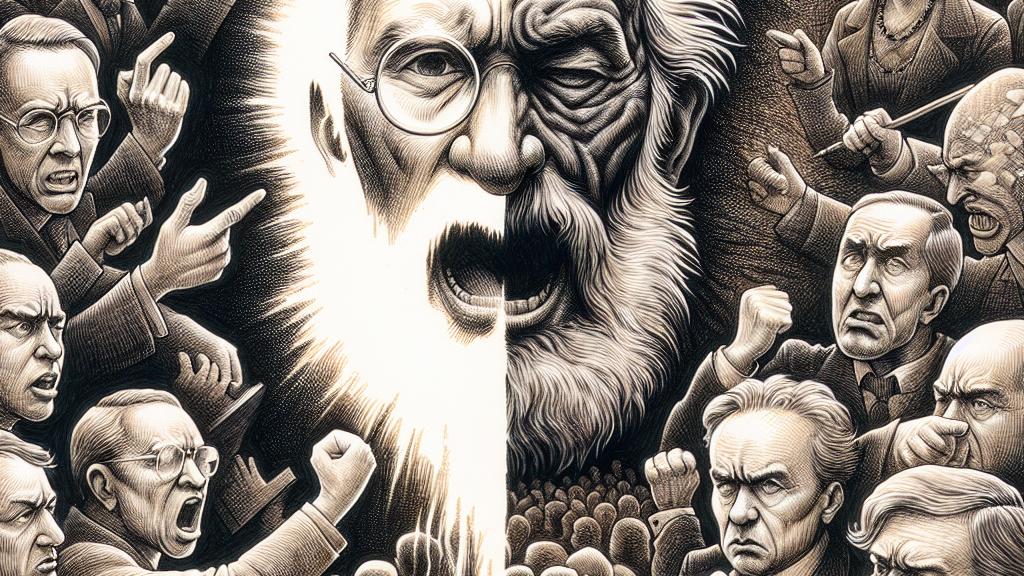Controversy Surrounding the Creator of 'Hajime no Ippo'
Overview
- George Morikawa, creator of the beloved manga 'Hajime no Ippo,' is facing backlash due to controversial remarks about cover art payments.
- This incident has uncovered profound issues about creator rights and equitable treatment within the manga industry.
- As dissatisfaction erupts, many manga artists are now actively challenging outdated practices that devalue their artistic contributions.

Background of the Controversy in Japan
In October 2024, George Morikawa's comments on social media sparked a robust debate in the manga community. Known for his iconic series 'Hajime no Ippo', Morikawa casually remarked that, typically, cover art for manga is not compensated financially, implying that artists voluntarily contribute these illustrations as part of their creative process. However, what seemed like a simple observation revealed deep-seated issues, as many manga artists felt these comments trivialized their hard work. The responses were varied and passionate; some praised Morikawa for shedding light on the longstanding practices, while others criticized him for perpetuating norms that have long kept artists under-compensated.
Reactions and Industry Implications
In the wake of Morikawa's statements, an outpouring of reactions flooded social media from manga creators and supporters alike. Many voiced concerns, sharing stories of how they have been expected to produce stunning cover illustrations without any form of compensation. For instance, one emerging artist recounted how their cover art skyrocketed sales but received no pay, leading to feelings of exploitation. As emotions ran high, discussions evolved from mere complaints to calls for action. Energetic communities of artists began forming coalitions, aiming to advocate for fair compensation and ensuring their voices are heard. This gathering momentum highlights a burgeoning solidarity in the manga industry, encouraging artists to demand accountability from publishers, thus setting the stage for potential reforms.
Broader Context and Future Outlook
Ultimately, this controversy transcends personal grievances or isolated incidents; it highlights systemic challenges faced by artists in the manga industry. As more creators stand up and demand their rights, their voices are increasingly resonating with the public. This newfound resolve is pushing for a significant reevaluation of fair compensation policies. Imagine a future where manga artists are no longer seen as interchangeable cogs in a publishing machine but are recognized as vital stakeholders in their creative endeavors. With growing conversations around equitable practices, the winds of change are beginning to stir. If successful, these movements could reshape the manga industry into one where respect for artistic labor is paramount, enriching the quality of storytelling and art available to readers and ensuring their experiences are both meaningful and rewarding.

Loading...